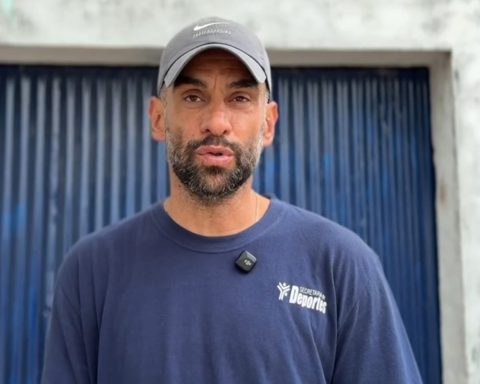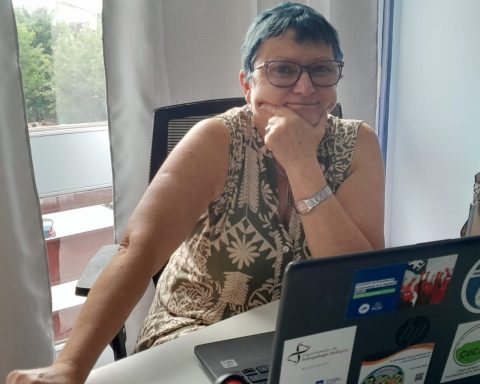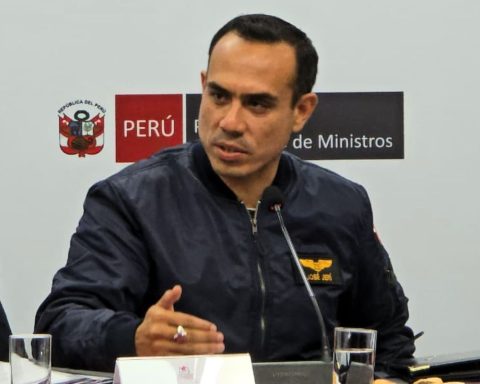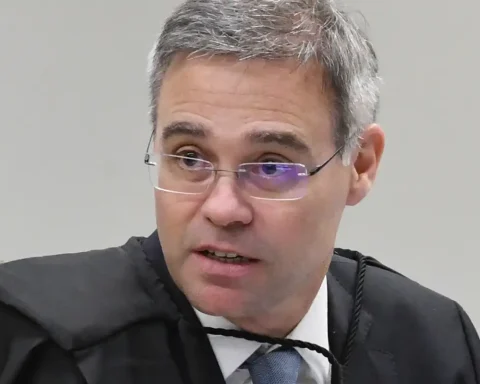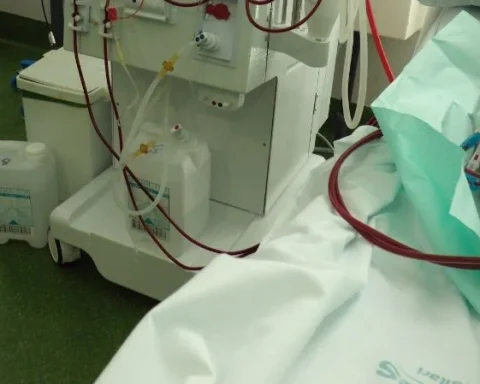From mental health applications to helmets that remotely deliver electric shocks to a patient’s brain, the startups at the Lisbon Web Summit are betting on a revolution in telemedicine once the world leaves the pandemic behind.
Using technology to treat patients virtually has been one of the issues highlighted at one of the largest technology conferences, which returned to Lisbon this week after the 2020 online edition due to the covid.
“Most people today use their phones for many everyday needs. Why shouldn’t health be a part of this?“said Johannes Schildt, whose company Kry allows its users to book medical appointments remotely.
“The pandemic has accelerated the adoption of these new technologies,” said Schildt.
His Swedish firm, which operates in five European countries, is by no means the only app that saves users from visiting the doctor in person.
And not all of these companies focus on physical health. American Calmerry is one of many who offer videoconference sessions with psychologists.
In most public health systems, the supply is limited or non-existent. With subscriptions starting at $ 42 a week, Calmerry co-founder Oksana Tolmachova says one goal is to offer more affordable therapy.
Honesty with a robot
Other apps employ different strategies to combat the explosion of depression and anxiety caused by the pandemic around the world.
The mental health chatbot Woebot invites its users to talk about their problems, but the answers come from an artificial intelligence robot and not a therapist.
Although some may be surprised at the idea of letting feelings surface before a computer program, Studies indicate that trusting a virtual human can encourage people to open up more.
Its founder Alison Darcy, psychiatrist and medical researcher, assured that this chat avoids the fears that the other person will judge you, common in human interactions.
Also, given the current shortage of psychologists and high demand from patients, artificial intelligence can solve the problem, Darcy said.
“We need to give everything to help people to be well,” said the founder, although she acknowledged that artificial intelligence does not completely replace the attention of a professional and has limitations.
Britain’s health regulator raised concerns in March about a symptom control program used by telemedicine company Babylon after reports of alleged failures to recognize some serious illnesses.
Critics of distance medicine also worry that healthcare providers prefer to offer cheaper virtual visits, rather than face-to-face meetings.
Several emerging healthcare companies argue that the future is a mix of both.
“Digital has an important role to play, but physical experience is also vital. We have physical clinics in Sweden, Norway and France,” Schildt explained.
He also rejected criticism that not the entire spectrum of patients can access his company’s services, which requires a smartphone or computer and a good internet connection.
Kry has 90-year-old patients who can use this technology, he defended, insisting that “digital expands access” to healthcare.
Remote monitoring
A pending challenge is that legislation in several countries has yet to catch up with the telemedicine revolution, although it has already begun to adapt in recent years.
Virtual appointments have been available in the French public health since 2018 and Germany began to allow professionals to prescribe the use of applications, such as weight controllers.
Between visits, patients can continue to monitor their health remotely thanks to startups.
Ana Maiques, co-founder of the Barcelona company Neuroelectrics, showed the Web Summit audience how a helmet developed by her firm could monitor the patients’ patients at home.
The device uses sensors that show activity in different parts of the brain and can propel electrical shocks in specific areas, helping to treat diseases such as epilepsy at a distance.
The company Idoven uses artificial intelligence to analyze data from a home heart monitoring device to detect irregular rhythms that can be dangerous for patients.
Among its investors is Spanish soccer legend Iker Casillas, who suffered a heart attack in his own flesh in 2019.
“We are the first company in the world capable of doing this,” CEO Manuel Marina Breysse told AFP.




